Australia's projected annual deficits worsen by $7.5 billion
Mon 19 Dec 2016, 11:13:07
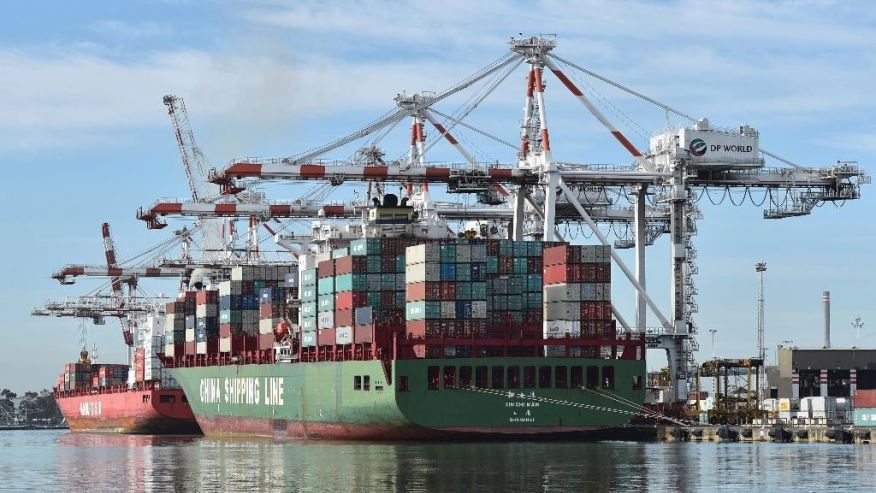
CANBERRA, Australia – Australia's projected budget deficits for the next four years have increased by 10.3 billion Australian dollars ($7.5 billion) to AU$94.9 billion as the economy continues to slow following a China-driven mining boom, the government's latest forecasts showed Monday.
The budget would return to surplus in 2020-21, despite falling revenue and a slowing economy, Treasurer Scott Morrison said.
"On the best information we have available to us, the government's plan to return the budget to balance is projected to be in 2021 and that is something that says our plan remains on track," Morrison told reporters.
The deficit for the year ending June 30, 2017, had been forecast to reach AU$37.1 billion when the annual budget was released in May.
Updated economic forecasts released Monday showed that deficit would be AU$600 million lower. But deficits will exceed the May estimates in the following three years.
Growth in the AU$1.7 trillion economy slowed to 2 percent for the current year from the 2.5 percent expected in May. Tax revenue was revised down AU$3.7 billion in the current year and AU$30.7 billion over four years.
Higher prices for
iron ore and coal — Australia's biggest exports — would increase profits in the mining sector and increase the tax paid by mining companies, documents said.
"However this will be more than offset by the impact of weaker growth in aggregate wages and non-mining profits," the forecast said.
The government expects to save AU$10 billion by abandoning its Assets Recycling Fund which paid incentives to state governments to sell assets and used the money to build new infrastructure such as railways and ports.
Analysts say Australia risks losing its coveted triple-A credit rating by early 2017 due to the worsening economic outlook. Fewer than a dozen countries have a triple-A rating from Moody's Investors Service, Standard and Poor's Global Ratings and Fitch Ratings Inc.
The Australian Bureau of Statistics said earlier this month that the economy contracted by 0.5 percent from a year earlier in the September quarter, the first contraction since early 2011, to 1.8 percent.
Growth in the year through June had been 3.1 percent.
Morrison would not speculate on whether the December quarter would also contract, putting Australia in its first technical recession in 25 years.
The budget would return to surplus in 2020-21, despite falling revenue and a slowing economy, Treasurer Scott Morrison said.
"On the best information we have available to us, the government's plan to return the budget to balance is projected to be in 2021 and that is something that says our plan remains on track," Morrison told reporters.
The deficit for the year ending June 30, 2017, had been forecast to reach AU$37.1 billion when the annual budget was released in May.
Updated economic forecasts released Monday showed that deficit would be AU$600 million lower. But deficits will exceed the May estimates in the following three years.
Growth in the AU$1.7 trillion economy slowed to 2 percent for the current year from the 2.5 percent expected in May. Tax revenue was revised down AU$3.7 billion in the current year and AU$30.7 billion over four years.
Higher prices for
iron ore and coal — Australia's biggest exports — would increase profits in the mining sector and increase the tax paid by mining companies, documents said.
"However this will be more than offset by the impact of weaker growth in aggregate wages and non-mining profits," the forecast said.
The government expects to save AU$10 billion by abandoning its Assets Recycling Fund which paid incentives to state governments to sell assets and used the money to build new infrastructure such as railways and ports.
Analysts say Australia risks losing its coveted triple-A credit rating by early 2017 due to the worsening economic outlook. Fewer than a dozen countries have a triple-A rating from Moody's Investors Service, Standard and Poor's Global Ratings and Fitch Ratings Inc.
The Australian Bureau of Statistics said earlier this month that the economy contracted by 0.5 percent from a year earlier in the September quarter, the first contraction since early 2011, to 1.8 percent.
Growth in the year through June had been 3.1 percent.
Morrison would not speculate on whether the December quarter would also contract, putting Australia in its first technical recession in 25 years.
No Comments For This Post, Be first to write a Comment.
Most viewed from International
Most viewed from World
AIMIM News
Latest Urdu News
Most Viewed
May 26, 2020
Can Lionel Messi's visit boost Indian football?
Latest Videos View All
Like Us
Home
About Us
Advertise With Us
All Polls
Epaper Archives
Privacy Policy
Contact Us
Download Etemaad App
© 2026 Etemaad Daily News, All Rights Reserved.


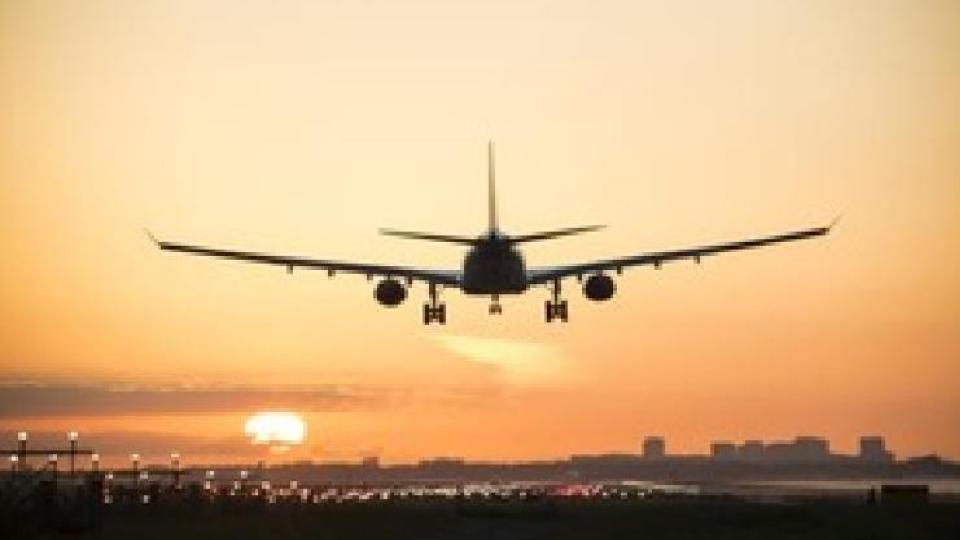



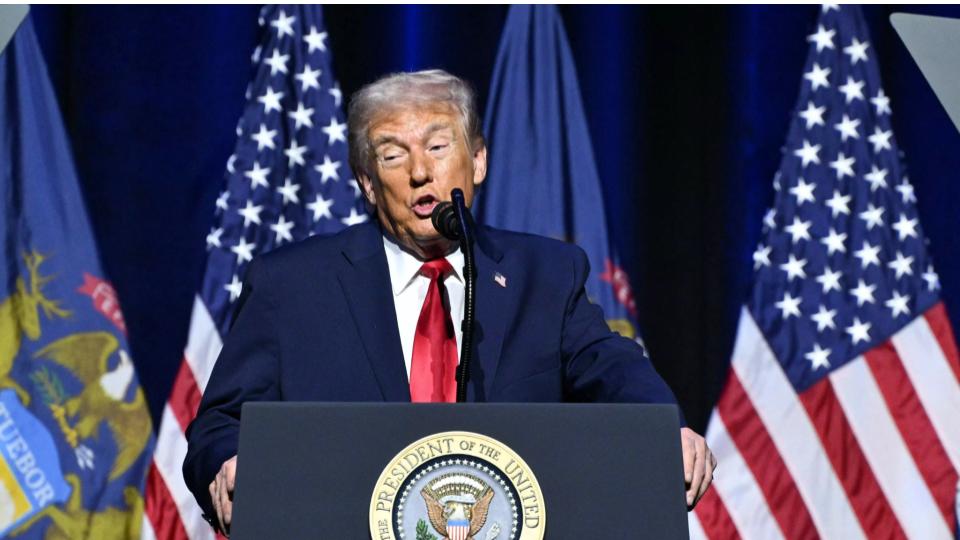



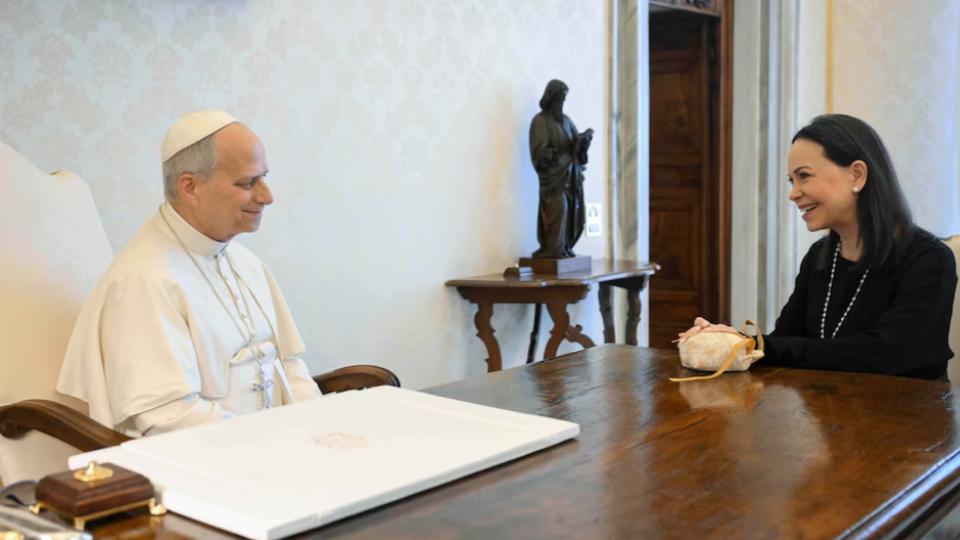




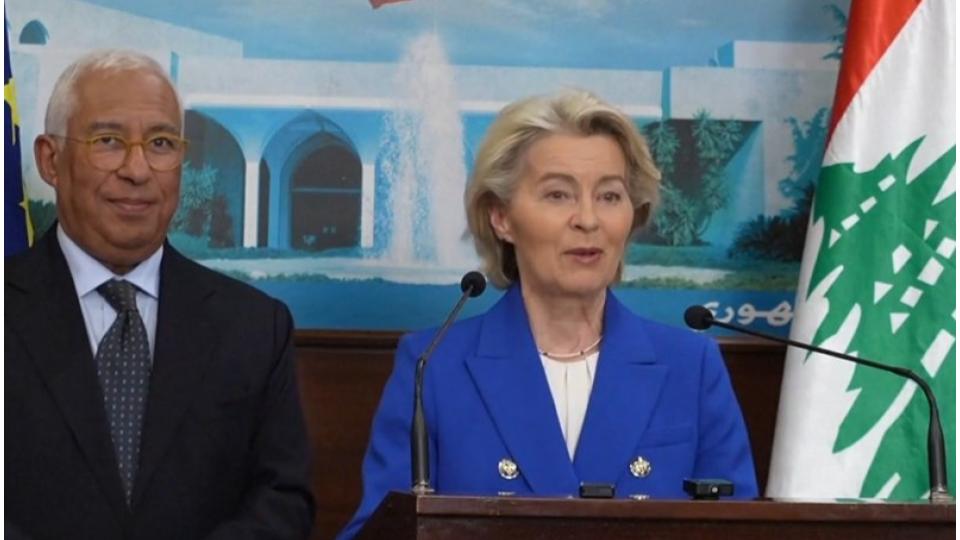


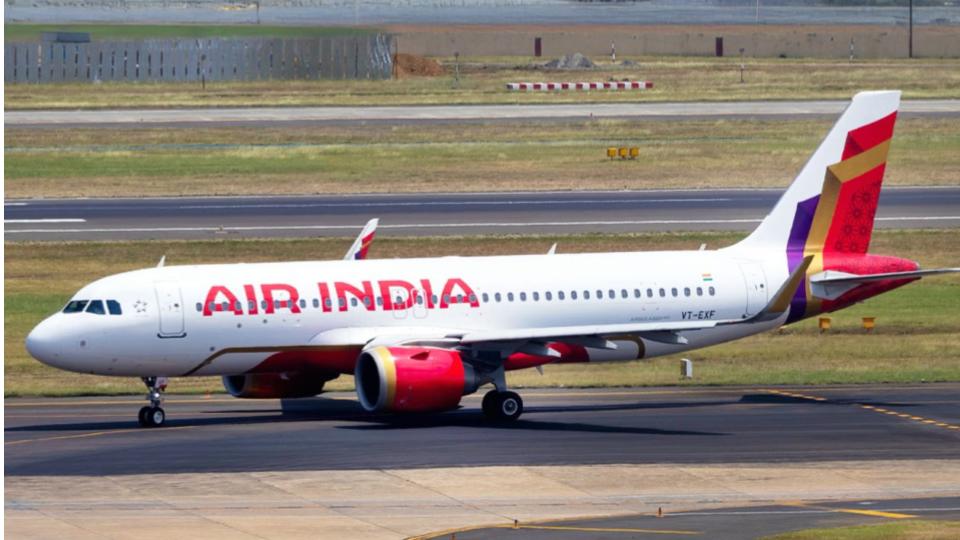







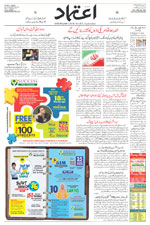










.jpg)
.jpg)
.jpg)


